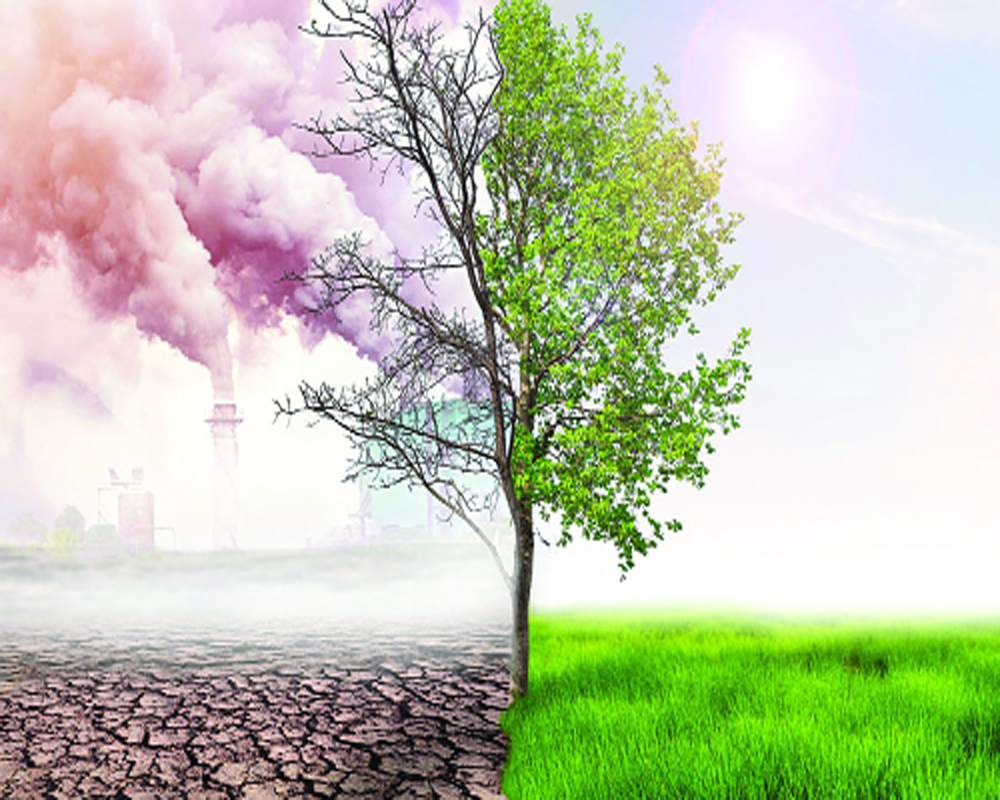The EWS rationale should be applied to pandemics for better containment
The second wave of Covid-19 hit India hard, stretching its health care infrastructure to the limits. Even the younger and fitter, hitherto believed to be relatively immune to the virus, have suffered its full fury. Obviously, the vaccination program needs to be expedited and the not so is to be better prepared for likely onslaughts in the future, whether the third wave, other versions of Severe Acute Respiratory Syndrome (SARS), or other viral infections. As they say — "winter is coming". Studies are linking climate change and rapid urbanisation to occurrence of infectious zoonotic diseases transmitted from animals to humans. Global warming is impacting migration patterns of wildlife, and advancing their proximity and interaction with human populations. The first reported detection of Covid-19 in Wuhan, China in December, 2019, is being linked to close interaction between human beings and wild animals in the live-animal markets of Wuhan. The causal link between Covid-19 and climate change are still part of a wider discourse but it is gaining wide attention.
The larger discourse is climate change is bringing vector-borne communicable diseases such as malaria, dengue, lyme and tick-borne encephalitis. As is the case of Covid-19; direct attribution is complex though several studies support the link. It is estimated that rise in malnutrition, malaria and diarrhoea could add to a million deaths each year between 2030-2050. The rise in dengue transmissions on account of climatic factors has also been documented in several Asian countries including China, Bangladesh, and India. Studies have reported that climate change facilitated spread of the West Nile virus in European countries.
It is reasonable to say that the pandemic has yet again exposed civilisation's vulnerability to forces of nature. Repeated waves of viral diseases such as the Middle East Respiratory Syndrome (MERS) and SARS have been hitting us. The trend creates uncertainties about the future of society, reversing years of progress on poverty, healthcare and development as a whole. The pandemic has driven home our vulnerability to infectious diseases and their potential to escalate into pandemics, leaving catastrophic results in their wake.
Going forward, apart from strengthening the vaccination drive, there is an urgent need to develop policies to improve preparedness for them in the future. Early Warning Systems (EWS) are increasingly gaining importance in the toolkit for disaster preparedness and management. Research needs to be better financed to develop robust EWS tools. Nearly $70 million are spent worldwide, but only 10 per cent of it are spent on research on diseases that affect 90 per cent of global population: the so-called 90-10 gap. Initiatives like Grand Challenges in Global Health (GCGH) are attempting to bridge the gap. Simultaneously, we need to strengthen coordination between natural and social scientists to enable translation of scientific findings into public health policies and practices.
The ongoing pandemic provides sufficient evidence that environmental, health, and development issues need to be addressed comprehensively through international policies and development initiatives, strengthening rationale for the Sustainable Development Goals framework for development.
(Girija is Director, Mu Gamma Consultants Pvt Ltd. Saloni is Specialist, Climate Change with NITI Aayog. The views expressed are personal.)
























